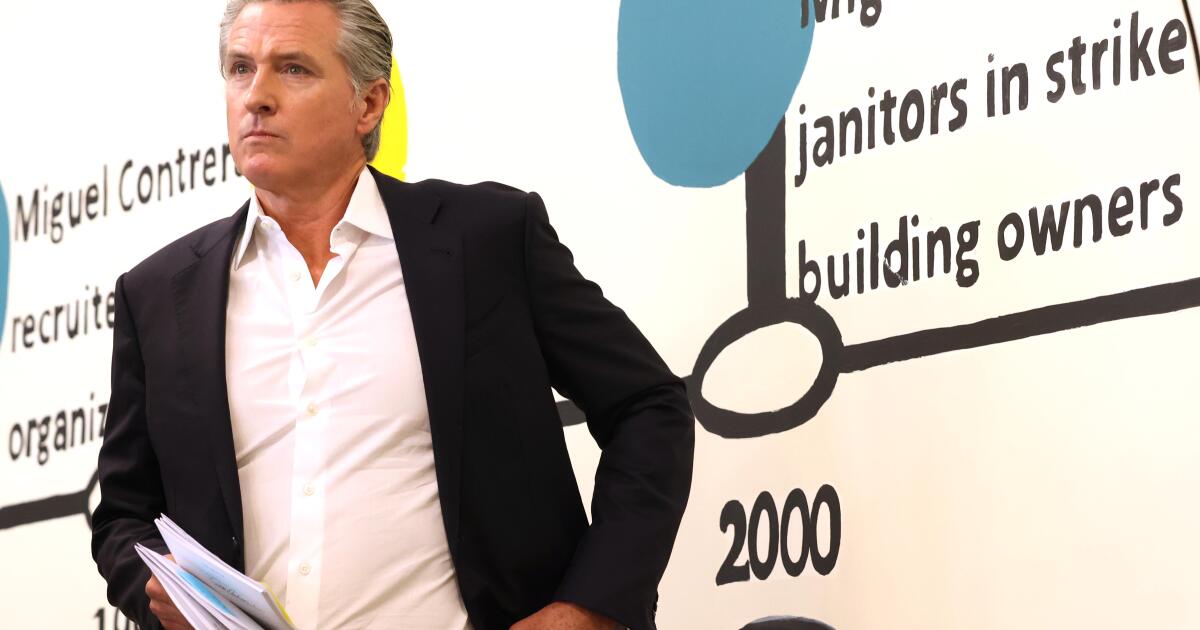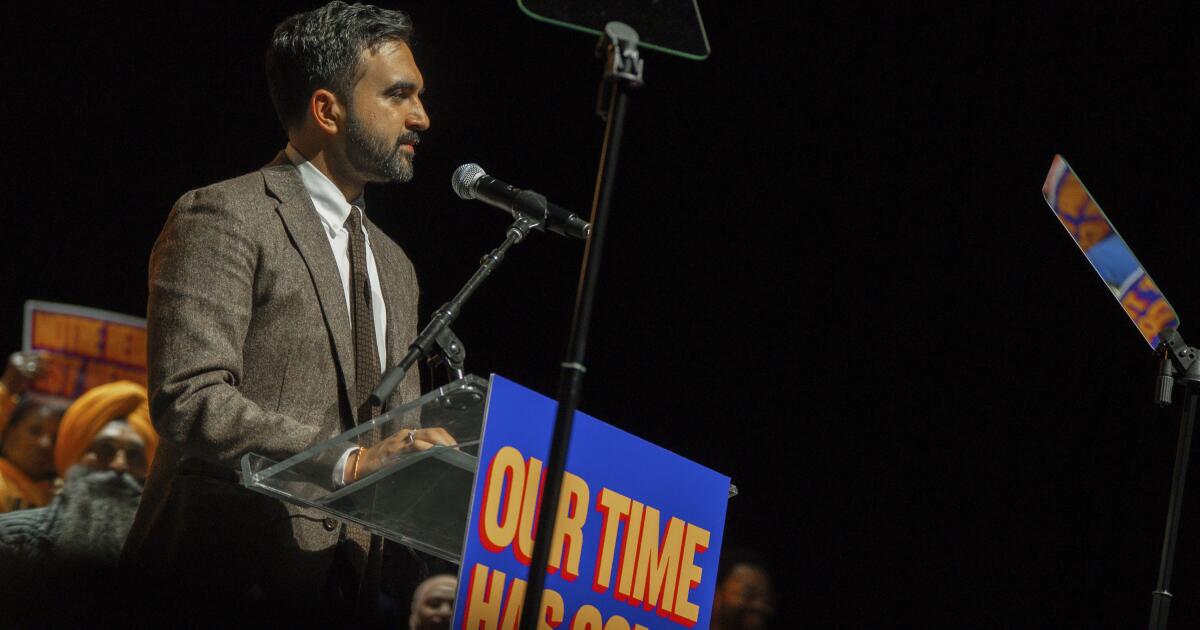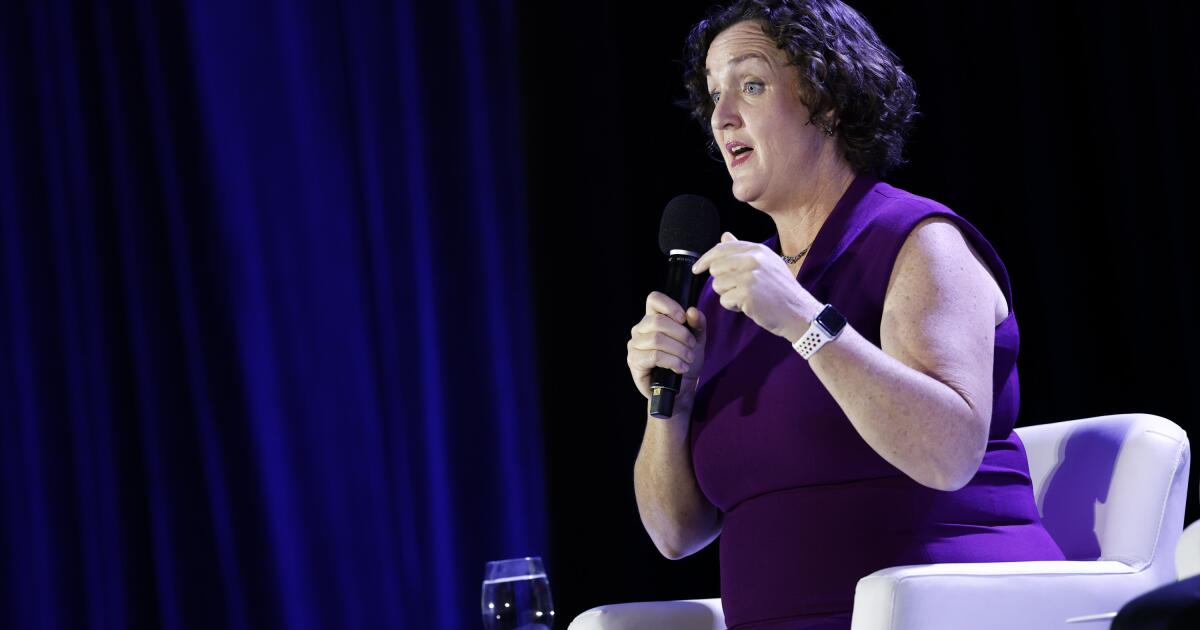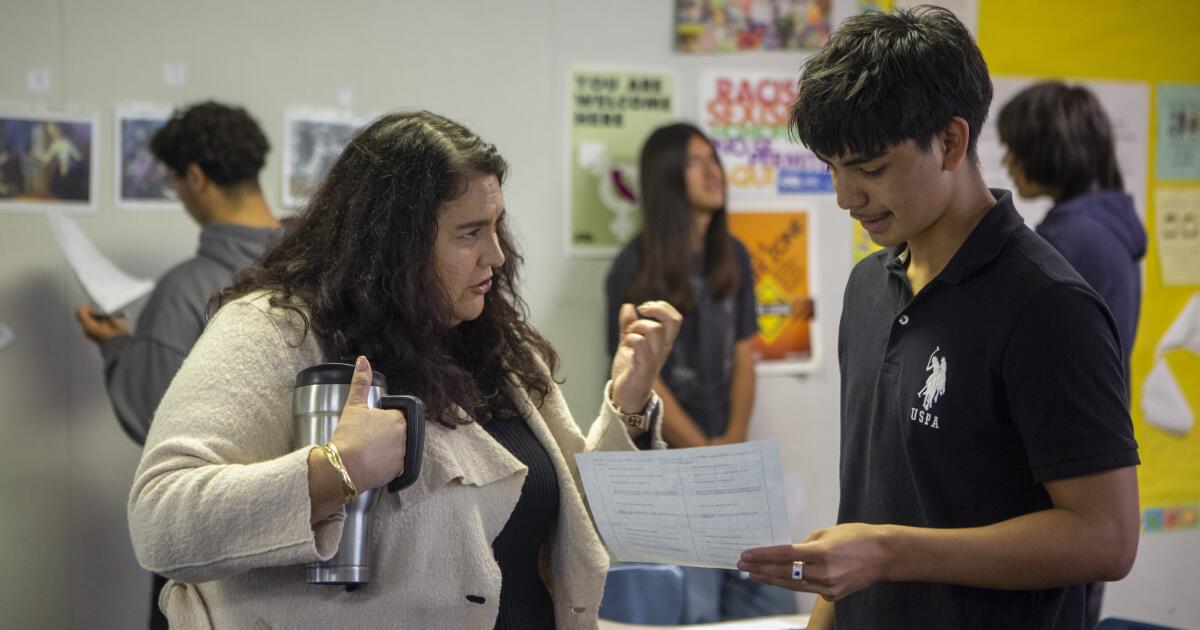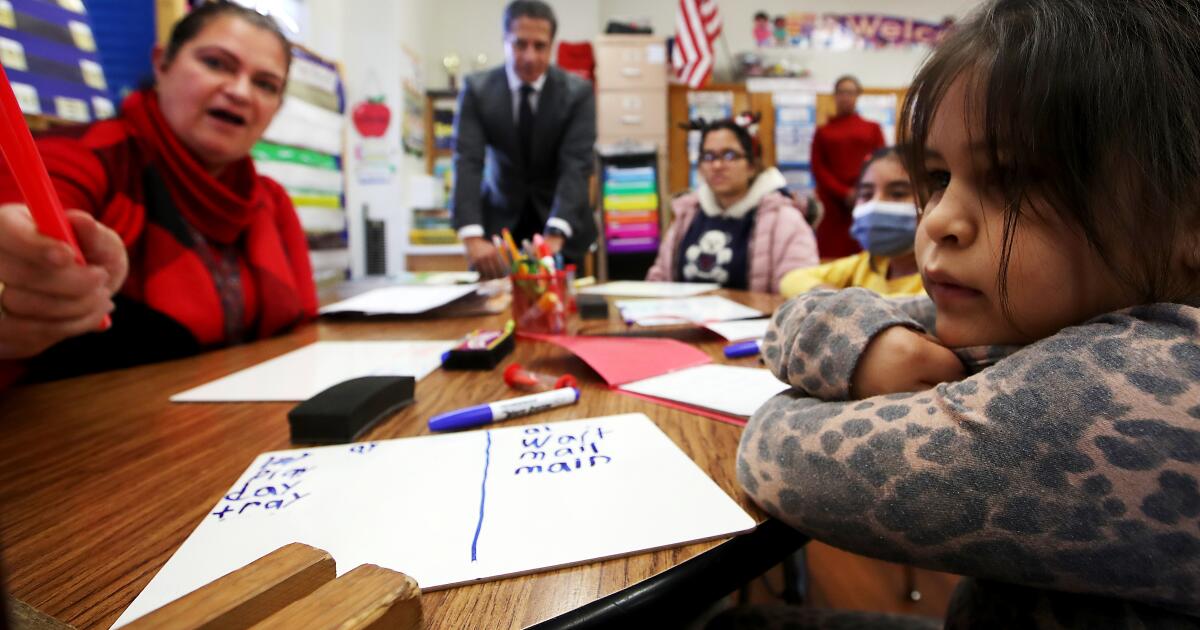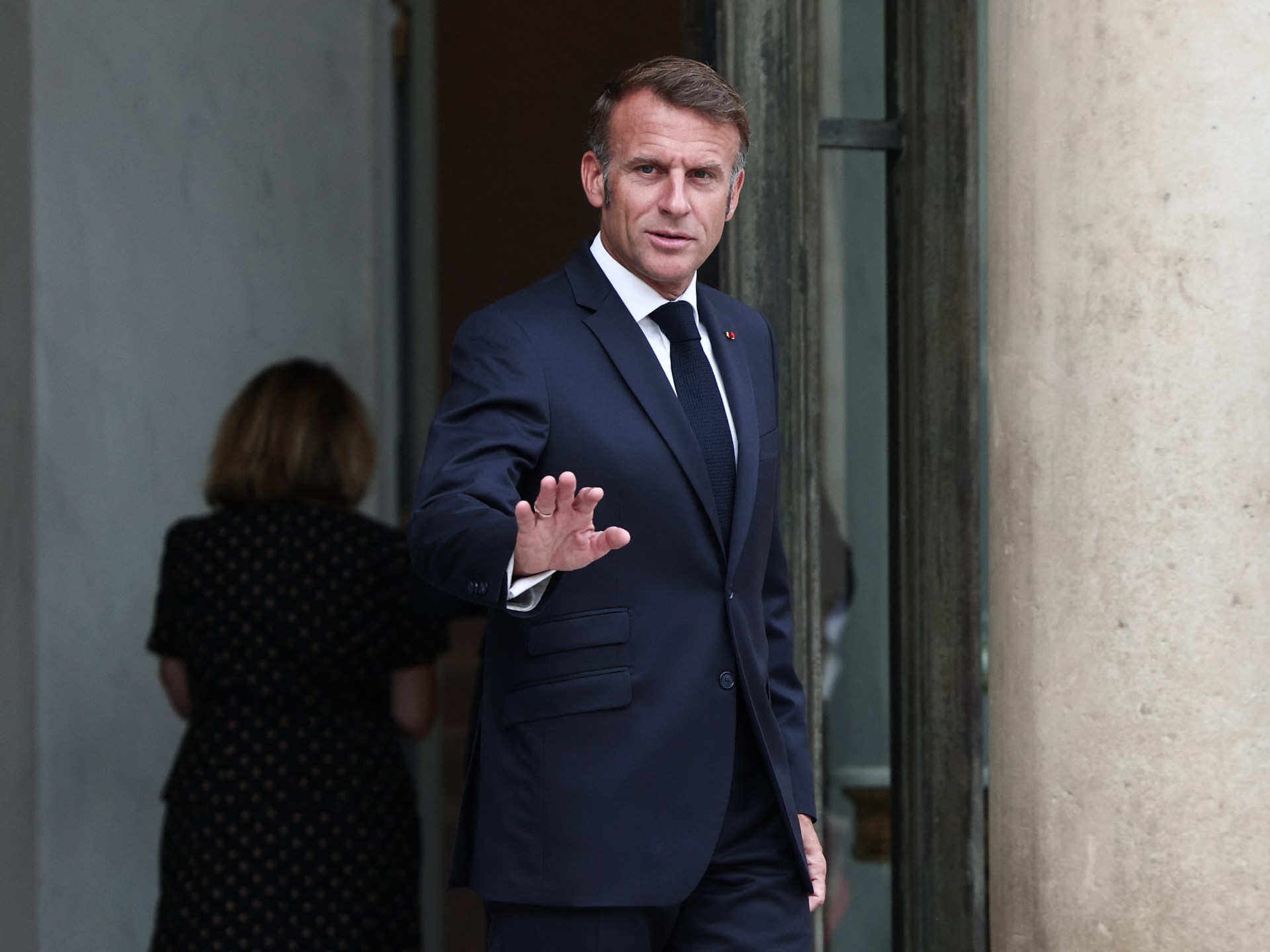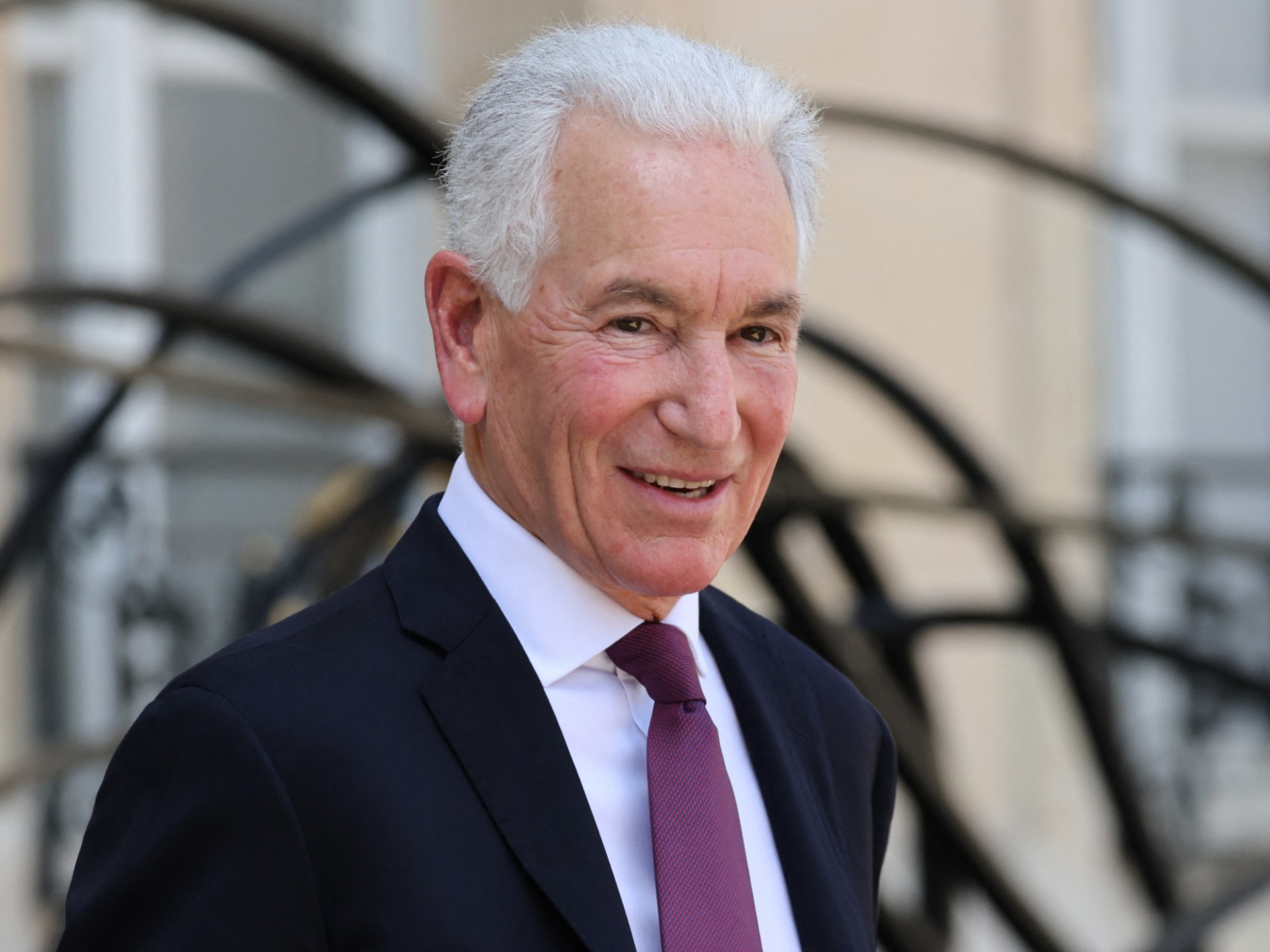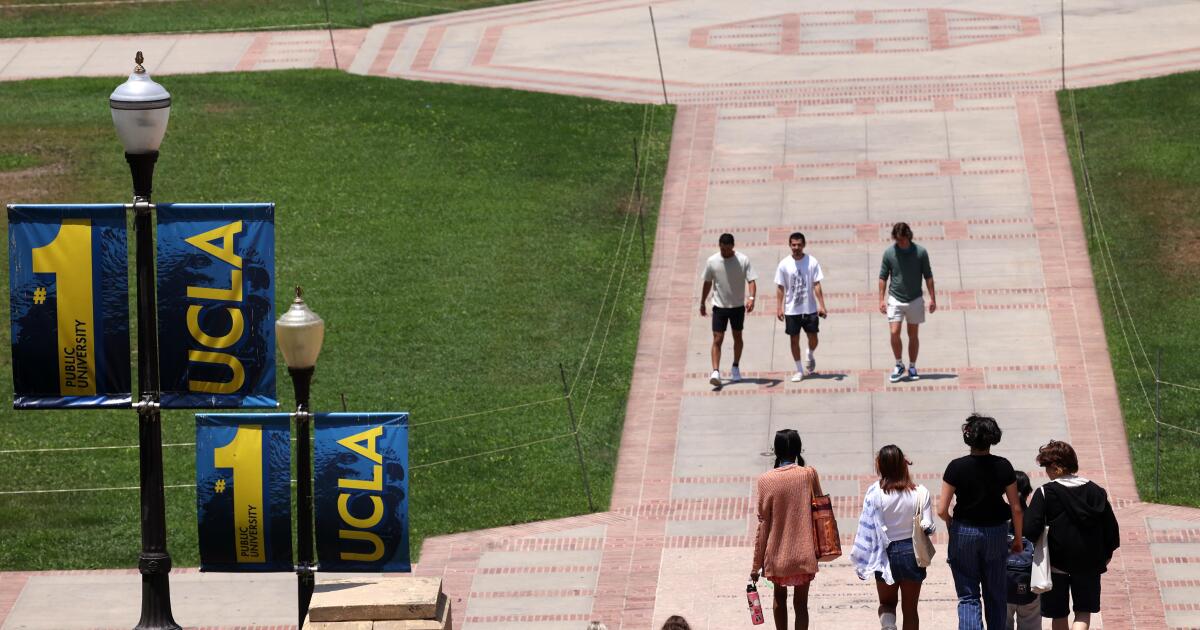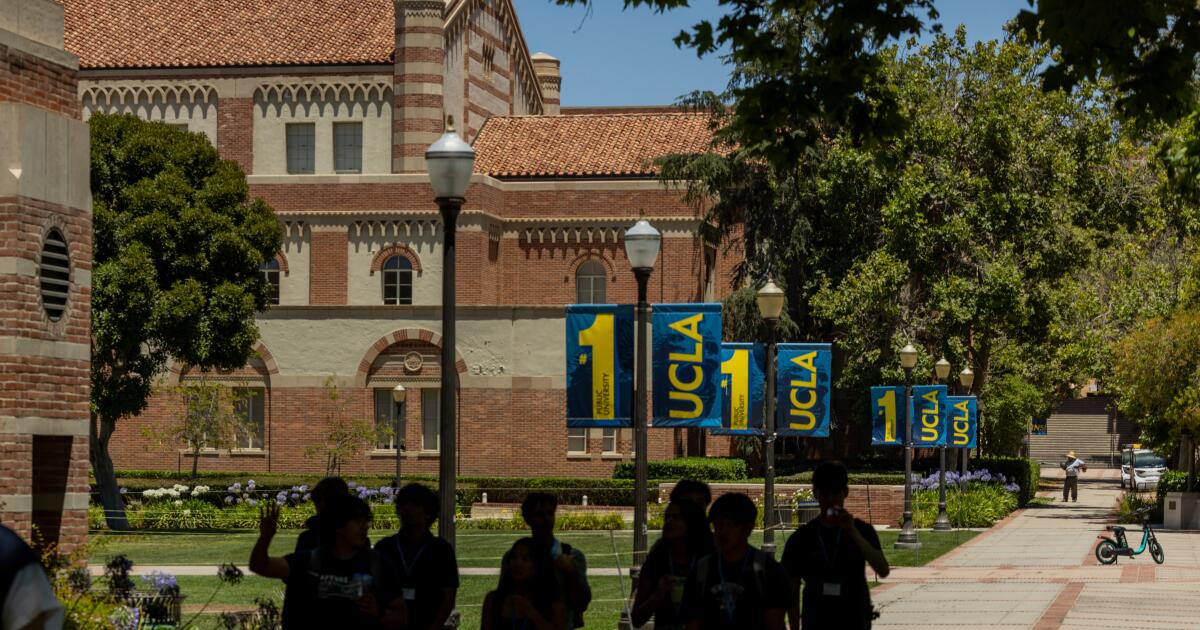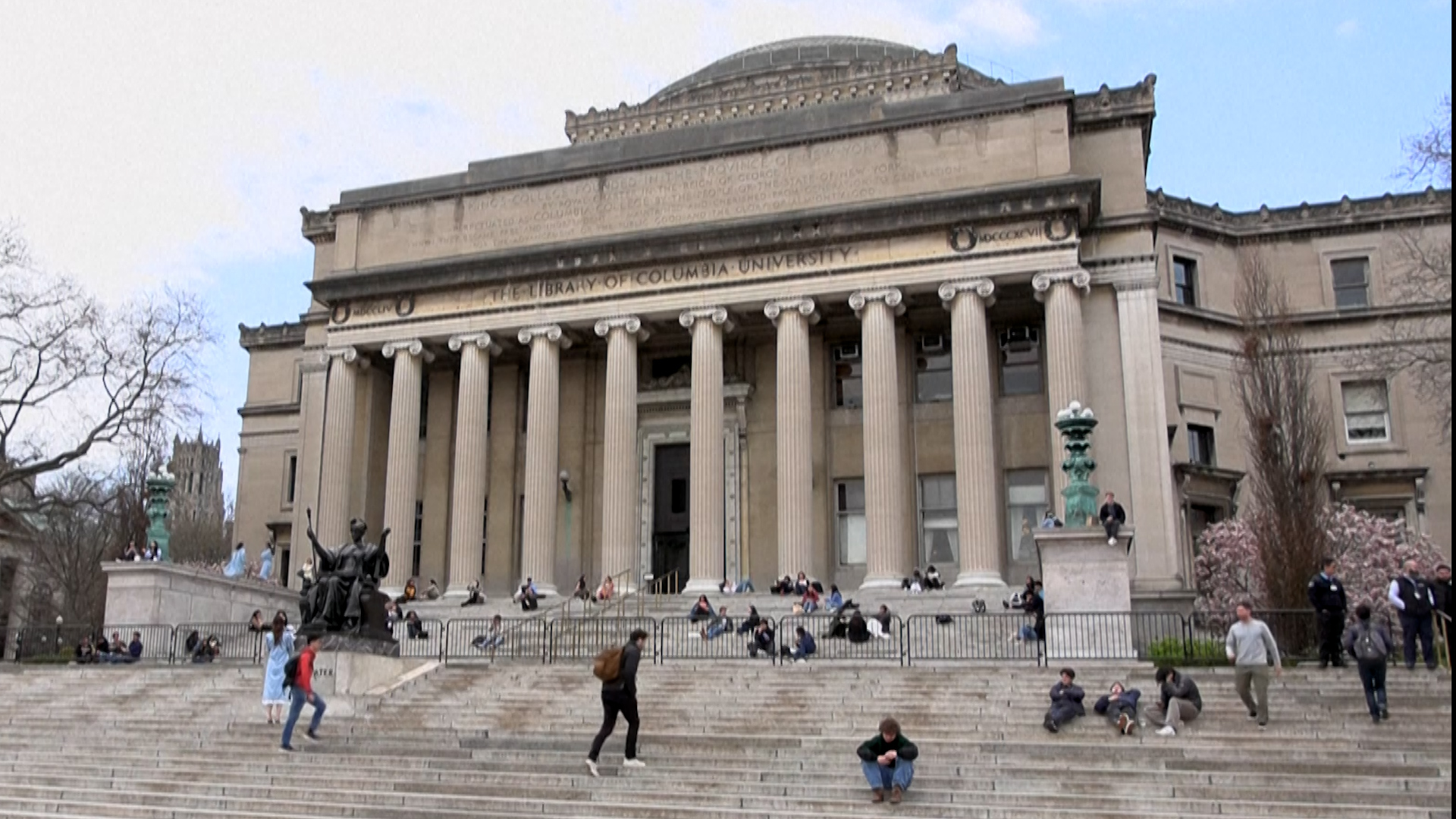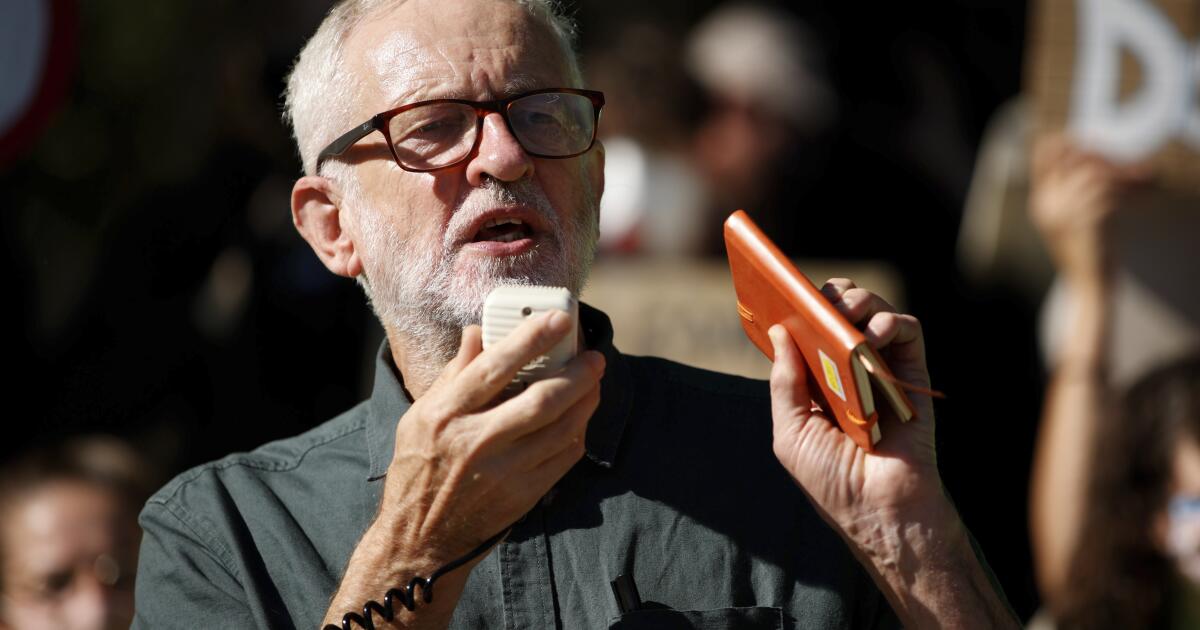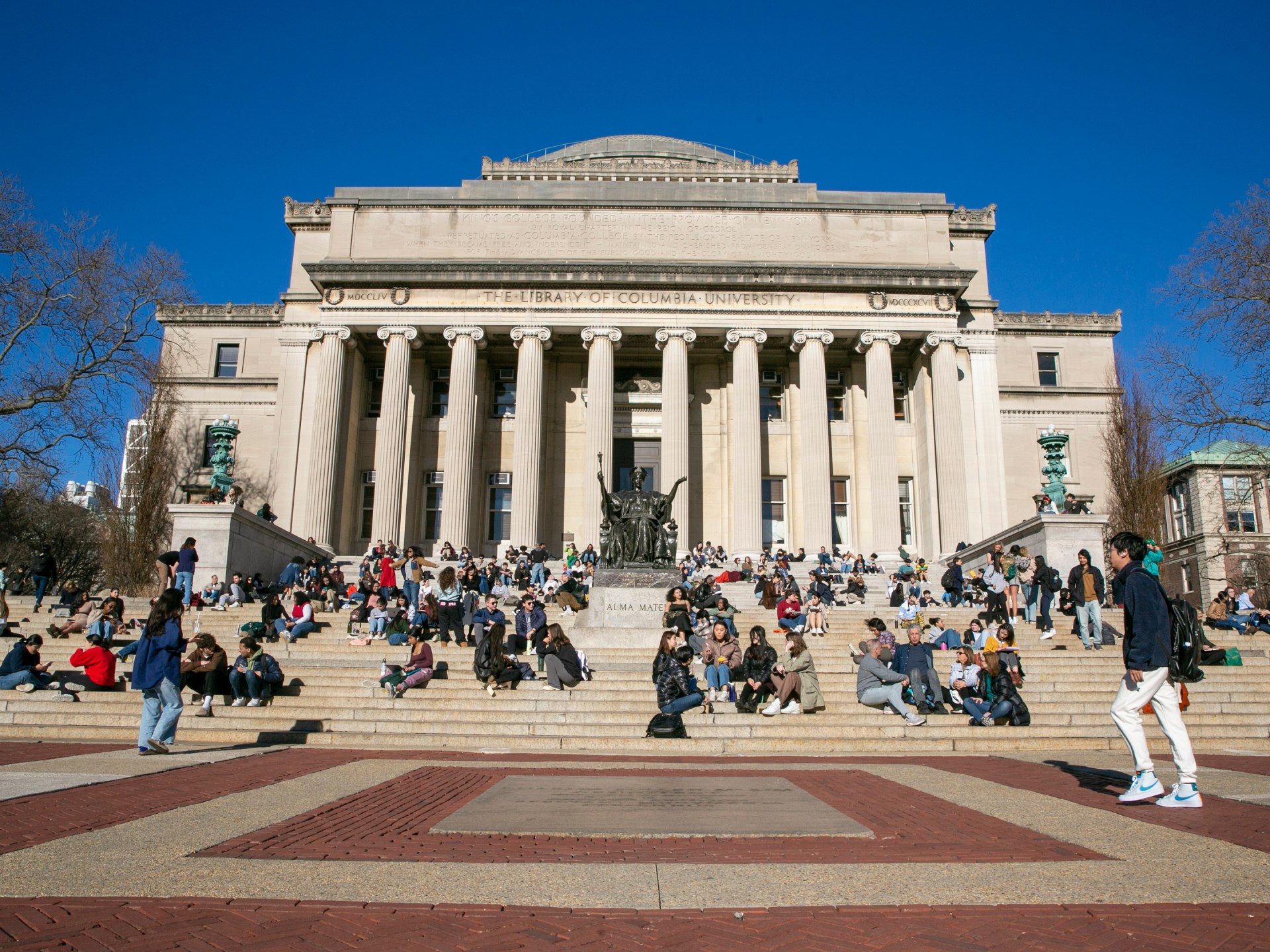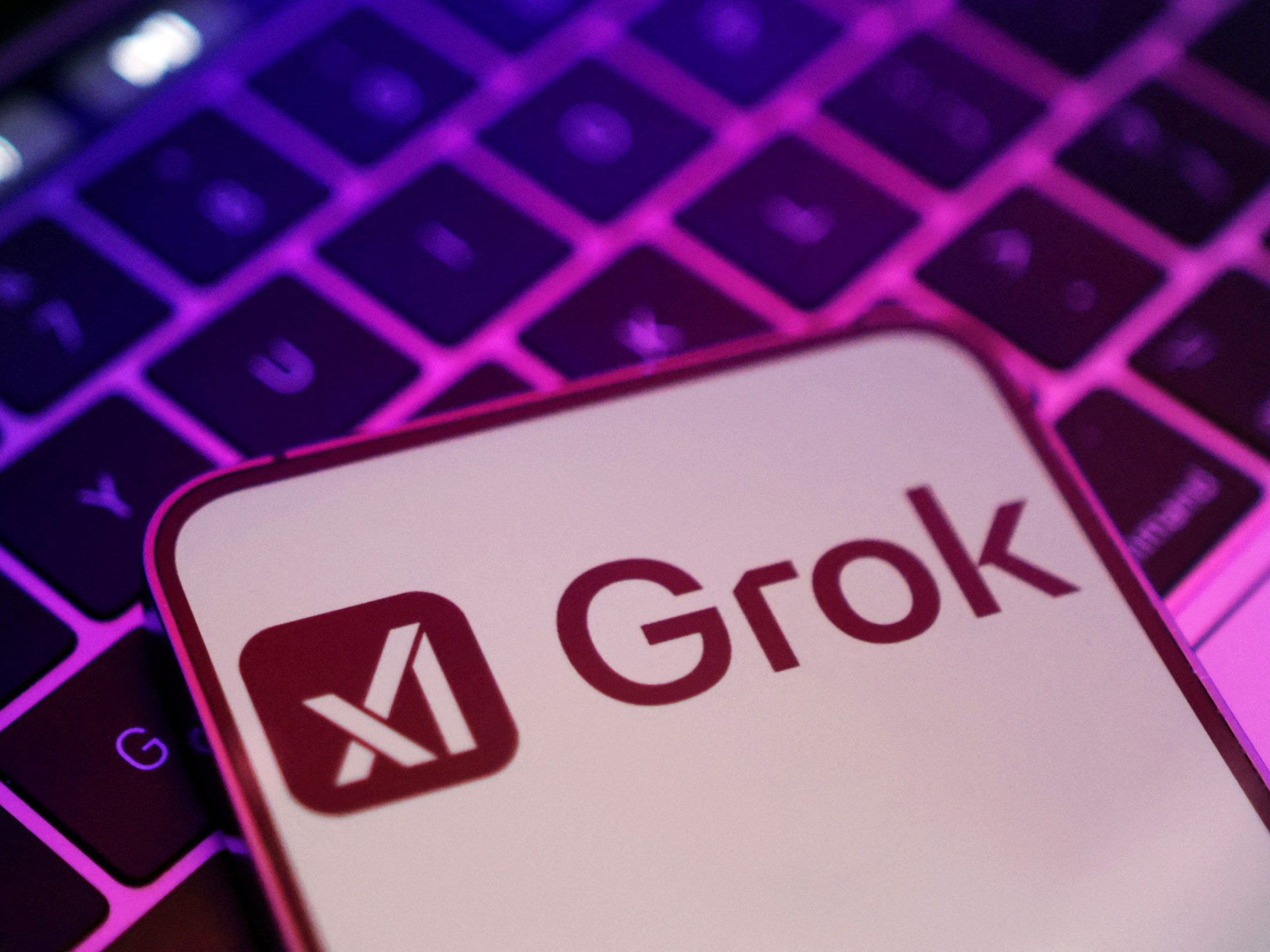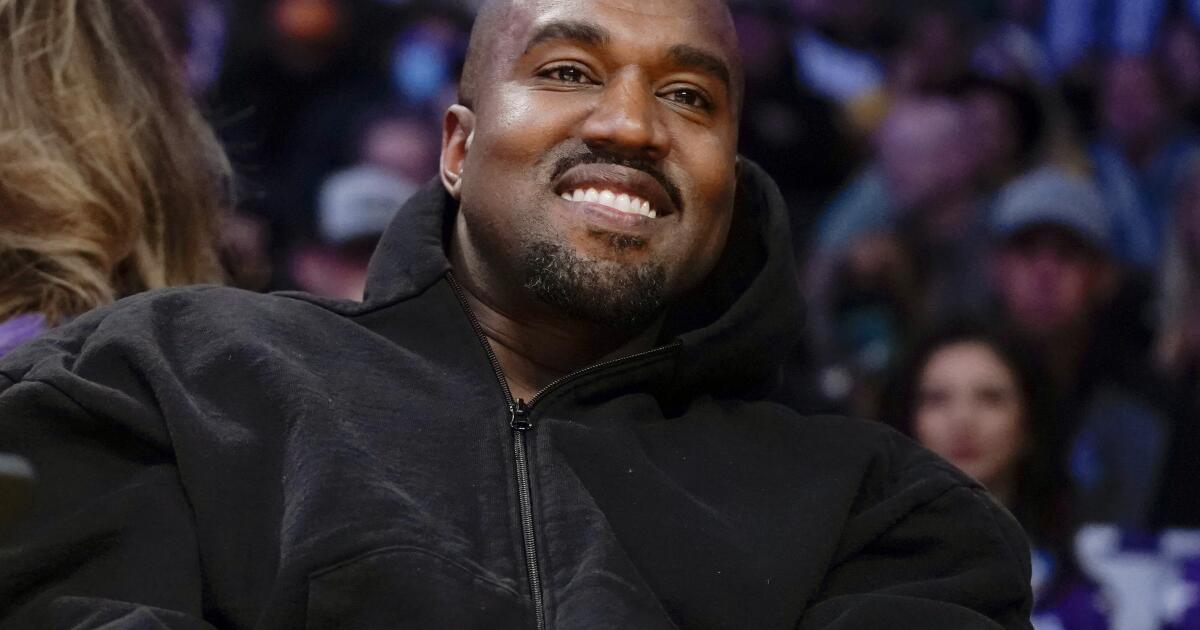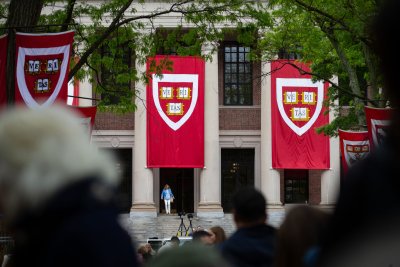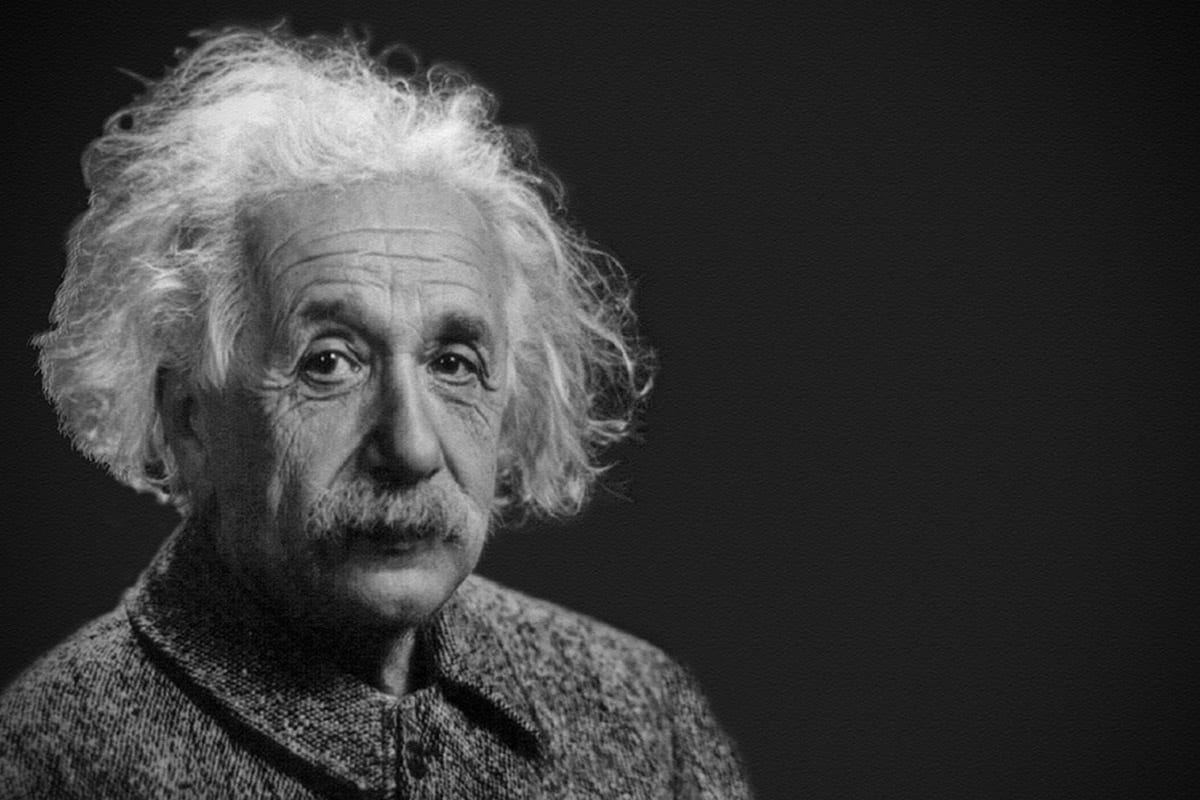Strings attached to bills Newsom signed on antisemitism, AI transparency and other major California policies
SACRAMENTO — Though hailed by some for signing new laws to combat antisemitism in California schools, Gov. Gavin Newsom expressed enough reservations about the bills to urge state lawmakers to make some changes.
Supporters of the legislation, Senate Bill 48 and Assembly Bill 715, said it was needed to protect Jewish students on campus, while opponents argued it was broadly written and would stifle free speech and classroom discussions about current events in the Middle East, including the Israel-Hamas war.
Newsom, when he signed the bills, directed legislators to work quickly on a follow-up measure to address “urgent concerns about unintended consequences.”
The governor made similar requests for nearly a dozen other major bills he signed into law this year, including measures providing safeguards on artificial intelligence, protections for children online and banning law enforcement officers donning masks — a direct response to federal agents hiding their identities during immigration raids across the state.
Newsom’s addendums provide a glimpse into the sometimes flawed or incomplete process of crafting new laws, at times hastily at the end of legislative session, requiring flaws or unresolved conflicts to be remedied later.
San Jose State University professor emeritus and political analyst Larry Gerston said governors sometimes go this route when, despite having concerns, they feel the legislation is too urgent to veto.
“I think you are looking at a situation where he thought the issue was sufficiently important and needed to go ahead and get it moving,” he said.
Gerston, however, noted those with a cynical view of politics could argue governors use this tactic as a way to undo or water down legislation that — for various political reasons — they wanted to pass in the moment.
“Depending upon your attitude toward the governor, politics and legislation, [that viewpoint] could be right or wrong,” he said.
One of the authors of the antisemitism bills, Assemblymember Rick Chavez Zbur (D-Los Angeles), said he will put forth another measure next year and continue working with educational organizations and the California Legislative Jewish Caucus to ensure the right balance is struck.
“The assertions that the bill is intended to prevent instruction about controversial topics, including topics related to Israel, is just not accurate,” said Zbur, who introduced AB 715. “We will be making sure that it’s clear that instruction on complicated issues, on controversial issues, that critical education can continue to take place.”
Zbur said he will reexamine a provision requiring the “factual accuracy” of instructional materials.
“One of the things that we’ve agreed to do was focus on making sure that the bill continues to meet its goal, but revisit that factually accurate language to make sure that, for example, you can continue to teach [works of] fiction in the classroom,” he said.
Another new law flagged by Newsom bans local and federal agents from wearing masks or facial coverings during operations.
The governor approved Senate Bill 627 — carried by Sens. Scott Wiener (D-San Francisco) and Jesse Arreguín (D-Berkeley) — last month as a response to the Trump administration’s aggressive immigration raids that are often conducted by masked agents in unmarked cars. Newsom said it was unacceptable for “secret police” to grab people off the streets.
“This bill establishes important transparency and public accountability measures to protect public safety, but it requires follow-up legislation,” Newsom wrote in his signing statement. “Given the importance of the issue, the legislature must craft a bill that prevents unnecessary masking without compromising law enforcement operations.”
Newsom said clarifications about safety gear and additional exemptions for legitimate law enforcement activities were needed.
“I read this bill as permitting the use of motorcycle or other safety helmets, sunglasses, or other standard law enforcement gear not designed or used for the purpose of hiding anyone’s identity, but the follow-up legislation must also remove any uncertainty or ambiguities,” he wrote.
Wiener agreed to revisit the measure.
“I’m committed to working with the Governor’s office to further refine SB 627 early next year to ensure it is as workable as possible for many law enforcement officers working in good faith,” he said.
California is the first state to ban masking for federal law enforcement and the law will likely be challenged in court. The move drew ire from U.S. Department of Homeland Security Secretary Kristi Noem, who called the legislation “despicable” and said forcing officers to reveal their faces increases their risk of being targeted by criminals.
Newsom is also urging legislators to adjust two new tech-related laws from Assemblymember Buffy Wicks (D-Oakland).
Assembly Bill 853, dubbed the California AI Transparency Act, is intended to help people identify content created by artificial intelligence. It requires large online platforms, such as social media sites, to provide accessible provenance data on uploaded content starting in 2027. Provenance data is information about the origin and modification history of online content.
In his signing statement, Newsom called the legislation a “critical step” but said it could interfere with privacy.
“Some stakeholders remain concerned that provisions of the bill, while well-intentioned, present implementation challenges that could lead to unintended consequences, including impairment of user privacy,” he wrote. “I encourage the legislature to enact follow up legislation in 2026, before the law takes effect, to address these technical feasibility issues.”
Assembly Bill 1043 aims to help prevent children from viewing inappropriate content online. It directs operating system providers to allow parents to input their children’s ages when setting up equipment such as laptops or smartphones, and then requires users to be grouped in different age brackets. It gained approval from tech companies including Meta and Google while others raised concerns.
“Streaming services and video game developers contend that this bill’s framework, while well-suited to traditional software applications, does not fit their respective products,” Newsom wrote in his signing statement. “Many of these companies have existing age verification systems in place, addressing complexities such as multi-user accounts shared by a family and user profiles utilized across multiple devices.”
The governor urged lawmakers to address those concerns before the law is set to take effect in 2027.
Wicks was unavailable for comment.
